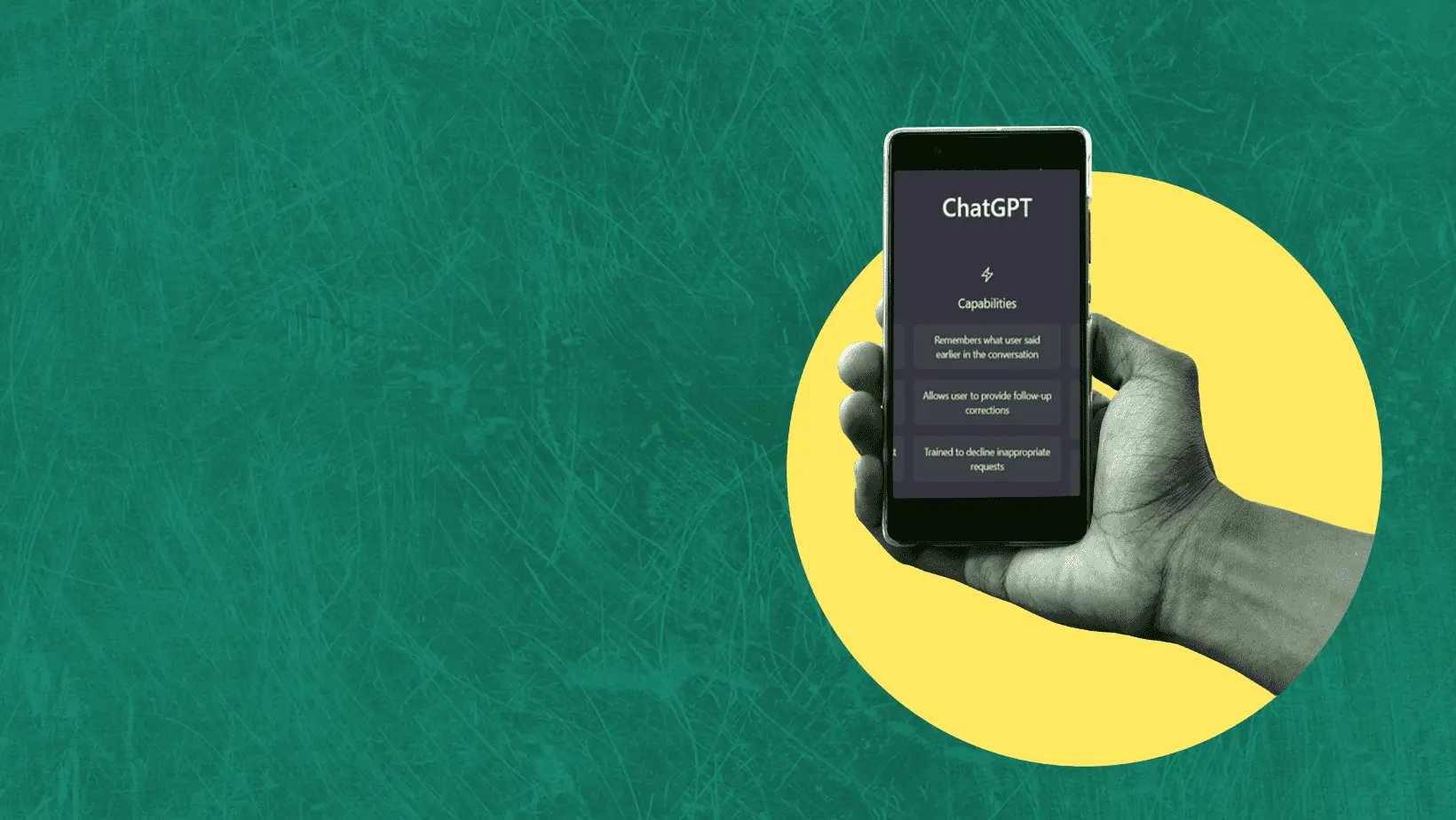
In the bustling classrooms of South Africa, where the pursuit of knowledge shapes the future of the nation’s youth, a debate is brewing. At the heart of this debate is ChatGPT, the conversational AI agent developed by OpenAI. The controversy lies in the potential for misuse and the ethical implications of its presence in educational settings. While some view it as a procrastination tool that facilitates plagiarism, others see it as a valuable resource for enhancing learning experiences.
South African educators are no strangers to the challenges of combating plagiarism. In recent years, teachers have detected or suspected instances of students using ChatGPT to craft essays or complete take-home quizzes. The question of whether this constitutes cheating, fair play, or a gray area in between is fiercely debated. It undoubtedly presents a formidable challenge to educators as they grapple with maintaining academic integrity.
To address these concerns, OpenAI is taking proactive steps to reshape ChatGPT’s image in the realm of education. They propose innovative ways to harness its potential while mitigating misuse.
Amidst the plagiarism debate, ChatGPT offers promising avenues for South African classrooms:
| Use Case | Description |
|---|---|
| Language Learning and Writing Assistance | ChatGPT can be a powerful ally for language learners, particularly those mastering the nuances of the English language. While it may occasionally provide inaccurate information, it consistently maintains proper grammar and can benefit learners of all ages. |
| Test Question Formulation | Teachers can leverage ChatGPT to expedite the process of generating new test questions, saving time and introducing fresh perspectives into assessments. |
| Role-Playing and Interview Simulations | ChatGPT is a valuable tool for conducting role-playing exercises, such as simulating job interviews. This aids students in honing their communication and problem-solving skills. |
| Critical Thinking and Fact-Checking | An essential aspect of ChatGPT’s role in South African classrooms is teaching students not to unquestioningly trust the answers it provides. Encouraging critical evaluation and verification through primary sources cultivates critical thinking, problem-solving, and creativity skills. |
One particularly relevant suggestion comes from Geetha Venugopal in Chennai, India. In her classroom, she advocates for students to approach ChatGPT’s responses with skepticism. She teaches them that not every answer it provides is credible or accurate, emphasizing the importance of continuously nurturing their original critical thinking, problem-solving, and creativity skills. In a world where misinformation can proliferate rapidly, this lesson is invaluable.
South African educators and institutions grapple with another pressing issue: detecting AI-generated content presented as a student’s original work. OpenAI candidly addresses this challenge in their FAQ, acknowledging that AI detectors are not yet reliable in distinguishing between AI-generated and human-generated content.
FAQ: Do AI detectors work?
In short, no. While some (including OpenAI) have released tools that purport to detect AI-generated content, none of these have proven to reliably distinguish between AI-generated and human-generated content.
Furthermore, OpenAI warns against asking ChatGPT or other AI systems questions like “Did you write this?” as they are misconceptions of what the model actually does. They concede that even small edits are sufficient to evade detection, such as removing the “As an AI, I…” preamble that some plagiarists overlook.
To address these challenges, OpenAI recommends that students demonstrate their work and drafts, including their interactions with AI models, to show that they are actively engaging with the material and not merely relying on AI-generated responses. Such transparency helps educators assess a student’s true understanding and involvement in the learning process.
For South African educators, the key to making ChatGPT a valuable addition to the classroom lies in providing the right guidance. OpenAI has crafted extensive prompts that enable ChatGPT to assume the role of a tutor or assistant effectively. While educators may choose to customize these prompts to align with their specific teaching objectives, merely perusing them offers insights into how the AI can be employed to be helpful without overshadowing the learning process.
For example, one prompt might instruct ChatGPT to become a “friendly and helpful instructional coach, aiding teachers in planning a lesson.” These prompts help educators strike a balance, ensuring that the AI serves as a supportive tool while still encouraging students to develop critical thinking skills.
The presence of AI agents like ChatGPT in South African classrooms is an indicator of the evolving landscape of education. While challenges and concerns undoubtedly exist, the history of technology adoption in education offers insights into how students and teachers adapt over time.
It is reminiscent of an era when students installed games on their trusty TI-83 graphing calculators or copied reports from Encarta. While many young learners today may not be familiar with those specific examples, the parallels remain. Students and teachers have a remarkable capacity to adapt and harness the potential of emerging tools, provided they approach them responsibly.
As South African educators continue to navigate the evolving role of technology in education, the key lies in embracing these tools while instilling in students the values of integrity, critical thinking, and resilience. ChatGPT, with its unique capabilities, has the potential to contribute positively to this educational journey.
In South African classrooms, the debate surrounding ChatGPT’s presence is a testament to the ever-evolving nature of education. While concerns about plagiarism and misuse persist, responsible usage, critical thinking, and effective guidance can transform AI agents like ChatGPT into invaluable assets that enhance the educational experience. As South Africa’s youth step into a future defined by innovation and technology, the role of AI in education is poised to evolve, challenging educators and students alike to adapt and thrive.
This website uses cookies.